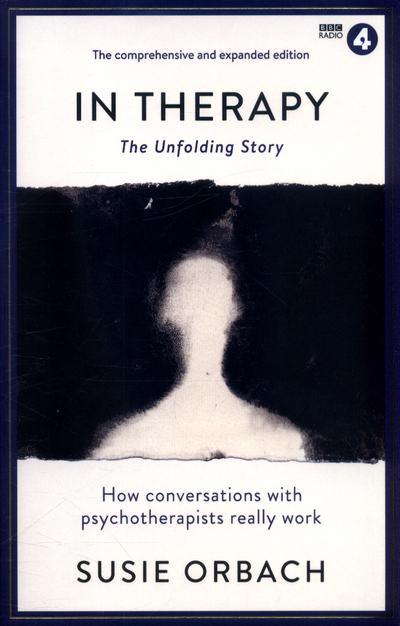Dr Susie Orbach is a bit of a goddess to some people! Her first book and bestseller, Fat is a Feminist Issue (1978) has profoundly influenced several generations of women and girls, as well as therapists and others who work with clients who lap up what she publishes and are influenced by her insights and understanding. Bodies (2009) won the Women in Psychology award for best book, and now In Therapy (from the Radio 4 series of the same name) has caught people’s attention all over again.
Chaired by the fearless and cut-through-the-crap Ruth Wishart at the Edinburgh International Book Festival, Orbach is honest and equally straightforward in her presentation and replies. Fielding a range of rather pedestrian questions (Aren’t celebrities just being chronically self-indulgent? If a client falls in love with you, can you carry on?), she admits there are situations when she feels uncomfortable or will occassionally refer someone to a colleague, but also that she talks with trusted associates about issues which trigger her (good practice), and always remains aware of her own reactions and feelings.
The In Therapy radio programmes, described by Wishart as “uncannily compelling”, are a device for showing what happens in the therapy room. Data Protection and client respect mean that true-life stories are not an option, so Orbach came up with imaginery scenarios, gave them to actors who ran with them and who then showed up as clients, whereupon Orbach consulted with them.
She seems to have planned to focus on what she thought a Book Festival audience might be interested in and is eloquent on the subject of language. “I find the words reverberate in a certain kind of way,” she says. I have “an intently listening ear, (am) interested in the words which are being said. We notice, together, the cadences, breaks, repetition, whether natural, stacatto, (and we are) listening in a musical way to the shape of the internal world coming into expression.”
There is something for everyone, whether specialist or (potential) client, as Orbach seeks to explain that even if she notices the client is unlikeable (she is pushed by Wishart to focus on this topic), she tasks herself to get behind that and hopes that the person might get to like themselves as a result. Orbach’s dialogue is full of interesting descriptions like, “Therapists are anthropologists of the mind”, and psychotherapy as, “The listening cure”. She sure has a big heart, repeatedly describing her clients sympathetically, with affection and compassion. She comes across as the opposite of jaded after her 40 years in practice.
